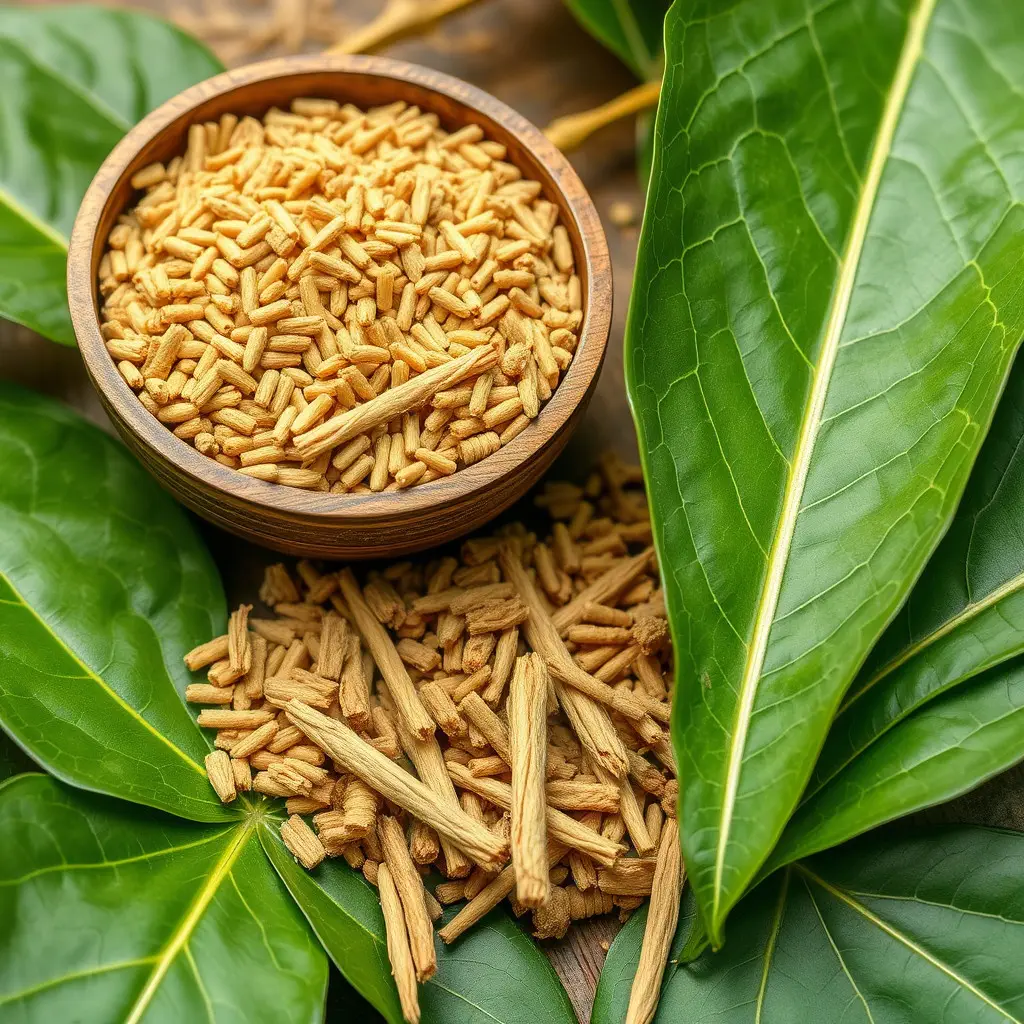Inflammation is the body's defense against injuries and infections, causing swelling, redness, heat, and pain. While acute inflammation aids healing, chronic inflammation can lead to health issues like arthritis and heart disease. Kratom, known for pain relief, may have anti-inflammatory properties, but research is limited. Contrary to some beliefs, kratom doesn't cause hair loss; instead, it interacts with opioid receptors, potentially affecting inflammation levels. More studies are needed to fully understand its effects and prevent unforeseen consequences of prolonged use.
Inflammation is a natural immune response that, when chronic, can contribute to various health conditions. This article explores kratom as a potential natural remedy for reducing inflammation. Kratom, known for its opioid properties, has shown promise in scientific research for its anti-inflammatory effects. We will discuss specific compounds in kratom that combat inflammation and dispel the myth that it causes hair loss. Understanding these aspects can help users make informed decisions about kratom’s role in their wellness regimen.
- Understanding Inflammation: The Body's Response and Its Impact
- – Define inflammation as a natural immune response
- – Explain different types of inflammation and their causes
Understanding Inflammation: The Body's Response and Its Impact
Inflammation is the body’s natural response to protect itself from injuries, infections, and irritants. It involves a complex interplay of cells, proteins, and chemicals that can lead to swelling, redness, heat, and pain. While inflammation is essential for healing and defense, chronic or prolonged inflammation can have detrimental effects on various bodily systems. This persistent state can contribute to conditions like arthritis, heart disease, and even hair loss, as evidenced by some studies on does kratom cause hair loss.
Understanding the body’s inflammatory process is crucial in exploring potential treatments like kratom. Some research suggests that kratom’s active compounds may interact with opioid receptors, modulating pain perception and potentially reducing inflammation. However, more studies are needed to fully comprehend its effects, especially long-term ones, as excessive or prolonged use could have unforeseen consequences.
– Define inflammation as a natural immune response
Inflammation is a complex physiological process, acting as the body’s natural defense mechanism against potential threats like infections or injuries. It involves a series of intricate chemical reactions that lead to swelling, redness, warmth, and pain at the affected site. While inflammation is essential for healing and immune function, prolonged or chronic inflammation can contribute to various health issues. In the context of kratom use, it’s important to understand if this herb might influence inflammatory processes in the body. Interestingly, some users suggest that kratom could potentially reduce inflammation, offering relief for conditions characterized by chronic swelling. However, more research is needed to confirm these anecdotal reports, especially considering whether kratom has any adverse effects, including possible hair loss, associated with its anti-inflammatory properties.
– Explain different types of inflammation and their causes
Inflammation is a complex biological response triggered by various factors, such as infections, injuries, or underlying health conditions. There are two primary types: acute and chronic. Acute inflammation is a short-term reaction, often characterized by redness, swelling, pain, and heat, which aids in healing and fighting off pathogens. Chronic inflammation, on the other hand, persists over an extended period and can lead to severe health issues. It is associated with conditions like arthritis, asthma, and even certain cancers.
While kratom has gained attention for its potential pain-relieving properties, it’s essential to understand its effects on inflammation. Some users claim that kratom helps reduce chronic inflammatory conditions, suggesting its anti-inflammatory properties. However, research on this topic is limited, and contrary to some beliefs, kratom does not cause hair loss; rather, it may interact with the body’s opioid receptors, influencing pain perception and potentially affecting inflammation levels.
Inflammation is a natural defense mechanism, but chronic inflammation can lead to various health issues. While kratom has been studied for its potential anti-inflammatory properties, it’s essential to approach any herbal remedy with caution. As with any substance, including whether kratom causes hair loss or not, individual results may vary. More research is needed to fully understand its effects on the body. Always consult a healthcare professional before trying new supplements.






